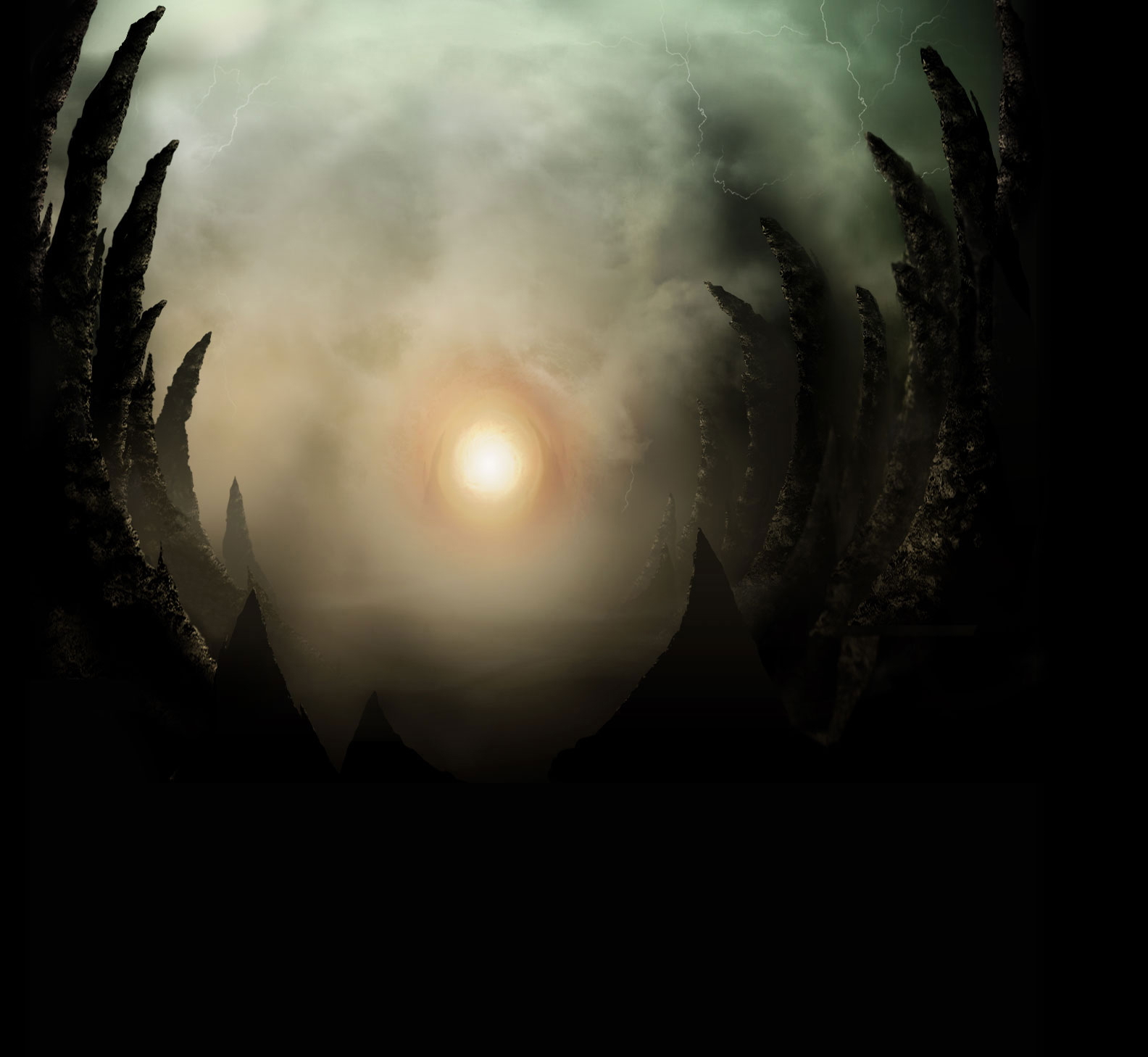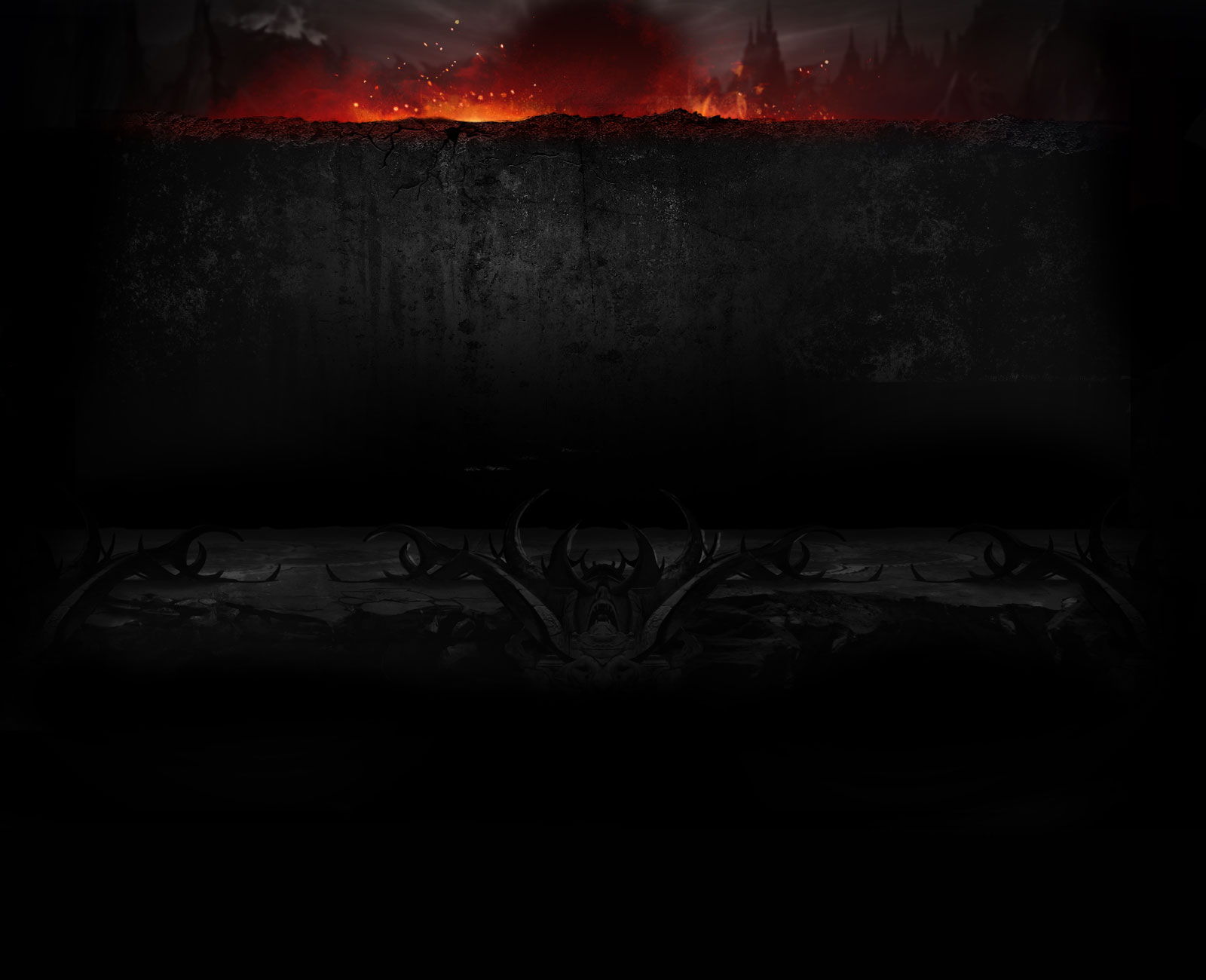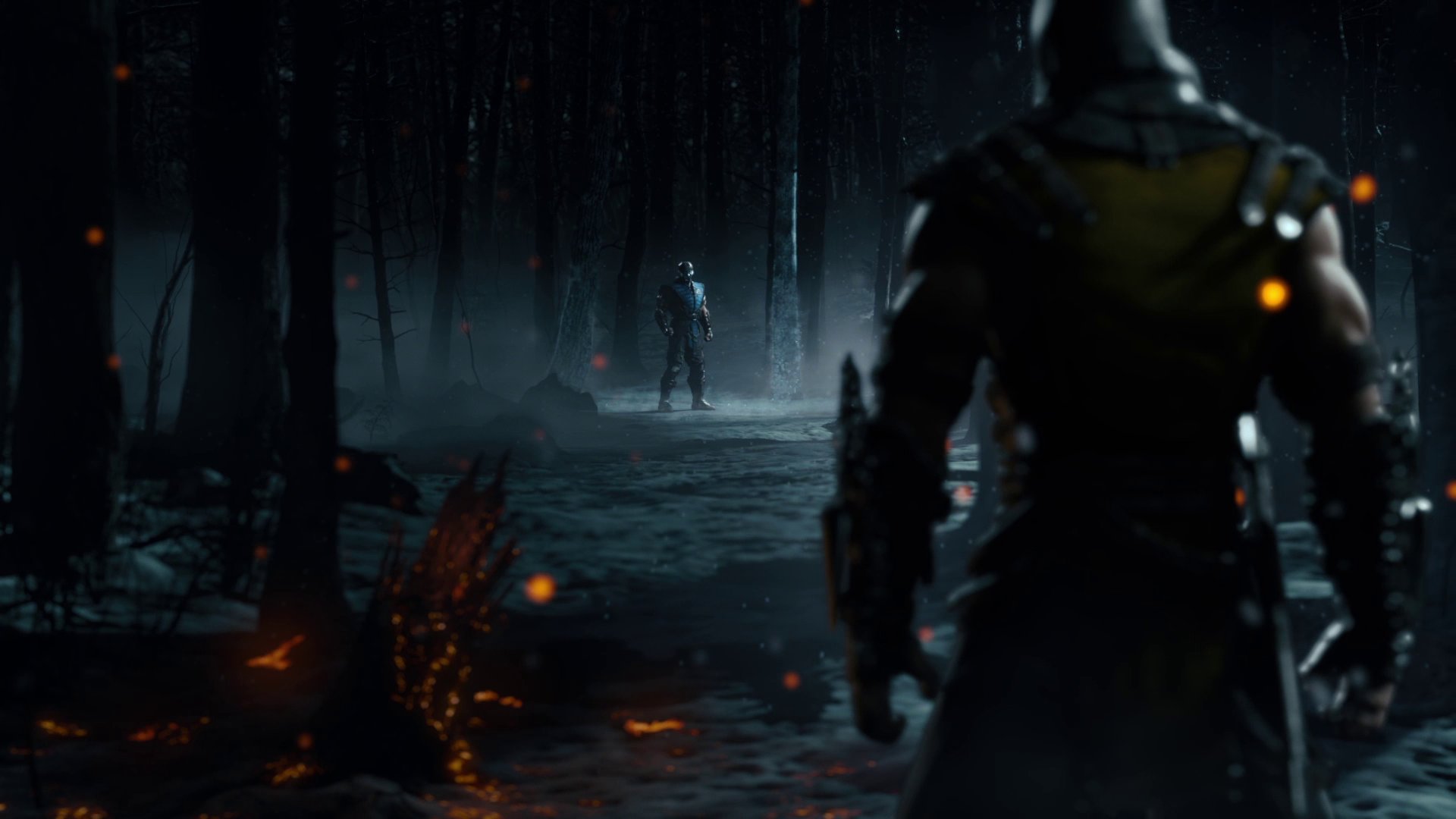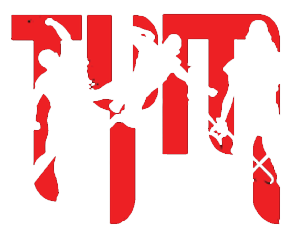I tried to post this on a comment regarding Mk9 but it was too long. The argument was Mk9 lovers are just looking through rose colored glasses.
People that love Mk9 (like myself) are well aware that the game was not perfect. Nobody likes terrible netcode, nobody likes infinites, nobody likes P1 advantage, limited training mode, bugs, etc. So why would we be any different? When we say we love Mk9 and that it was more fun than 10,11,1 I think we are just talking about the gameplay mechanics and overall feel.
Now here I may lose some of my fellow Mk9 lovers, but honestly, I think the biggest charm of MK9 was the general simplicity compared to the subsequent games:
-You had one character. If you wanted to get good with a character, you play and you lab. Now you gotta worry about 19 different "variations" of your character due to kameos and have to lab against an infinite list of variable opponents due to all possible combinations of characters and kameos.
-50/50 situations were kept to a minimum. The game was more about reading and reacting to your opponent instead of constant guessing.
-You had one type of block. Now you also have flawless block and up block. I wouldn't even mind the extra block types if it was just an optional path to successfully compete in high level gameplay. But now you are forced to use up block to just prevent some scrub from winning by spamming you with some bullshit e.g. Omni man Tiebreaker
-You had one meter. So much easier to focus on and manage.
-Chunky bnb's didn't require meter. Now it's like "Ok, time to punish. Wait, I have to see if I have enough meter for option A or option B, then i have to look at my kameo's meter to see if have to take option C or option D, then I have to...oh damn i missed my punish window"
-You had armored wake ups that you can mash and don't require meter. Now you need meter and split second timing to execute it in a super high pressure situation just to get someone off you.
-Meter burning jumps is an option? Really?
-This one might just be for the old guys out there, but characters felt like their characters. Now you have Kung Lao with no teleport. Mileena with no full screen projectile. Really?
The list goes on and on, I feel that every single game is just becoming more and more complex. Like where does it end? Will Mk2 have 3 meters, 5 different types of blocks and 40 variations for each character? Does all the extra complexity actually translate to more fun?

People that love Mk9 (like myself) are well aware that the game was not perfect. Nobody likes terrible netcode, nobody likes infinites, nobody likes P1 advantage, limited training mode, bugs, etc. So why would we be any different? When we say we love Mk9 and that it was more fun than 10,11,1 I think we are just talking about the gameplay mechanics and overall feel.
Now here I may lose some of my fellow Mk9 lovers, but honestly, I think the biggest charm of MK9 was the general simplicity compared to the subsequent games:
-You had one character. If you wanted to get good with a character, you play and you lab. Now you gotta worry about 19 different "variations" of your character due to kameos and have to lab against an infinite list of variable opponents due to all possible combinations of characters and kameos.
-50/50 situations were kept to a minimum. The game was more about reading and reacting to your opponent instead of constant guessing.
-You had one type of block. Now you also have flawless block and up block. I wouldn't even mind the extra block types if it was just an optional path to successfully compete in high level gameplay. But now you are forced to use up block to just prevent some scrub from winning by spamming you with some bullshit e.g. Omni man Tiebreaker
-You had one meter. So much easier to focus on and manage.
-Chunky bnb's didn't require meter. Now it's like "Ok, time to punish. Wait, I have to see if I have enough meter for option A or option B, then i have to look at my kameo's meter to see if have to take option C or option D, then I have to...oh damn i missed my punish window"
-You had armored wake ups that you can mash and don't require meter. Now you need meter and split second timing to execute it in a super high pressure situation just to get someone off you.
-Meter burning jumps is an option? Really?
-This one might just be for the old guys out there, but characters felt like their characters. Now you have Kung Lao with no teleport. Mileena with no full screen projectile. Really?
The list goes on and on, I feel that every single game is just becoming more and more complex. Like where does it end? Will Mk2 have 3 meters, 5 different types of blocks and 40 variations for each character? Does all the extra complexity actually translate to more fun?

Last edited by a moderator:





